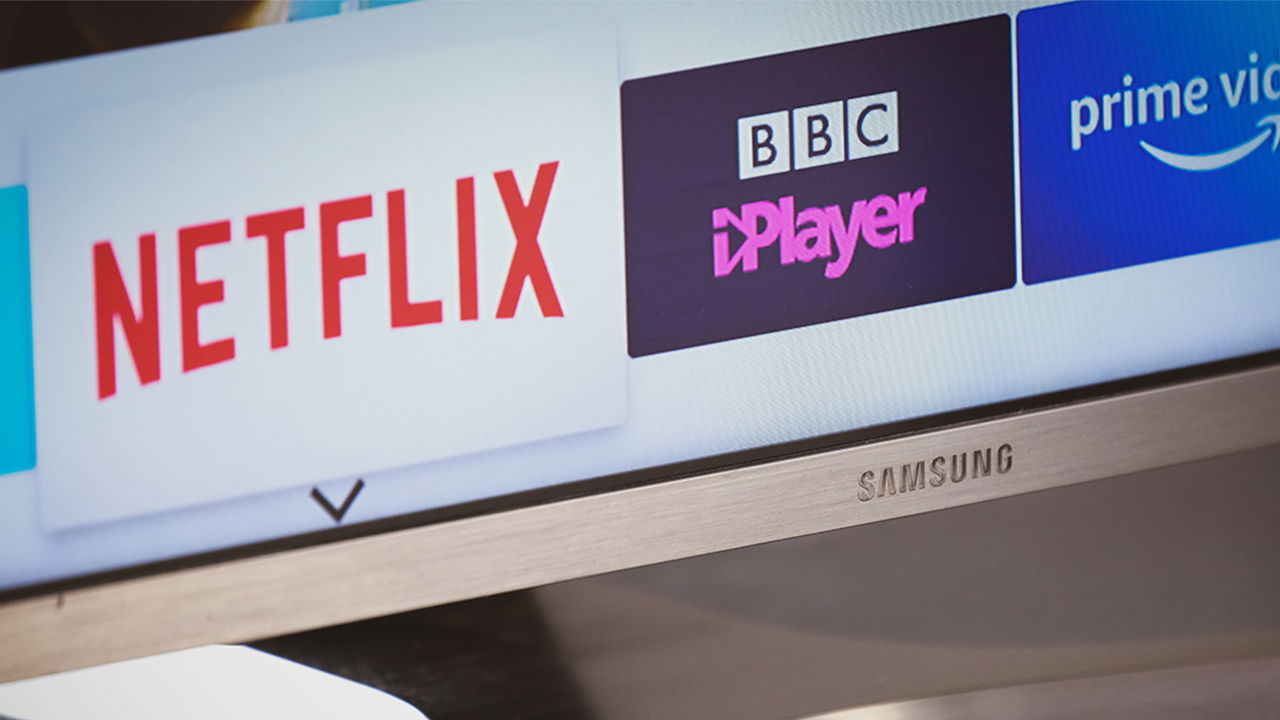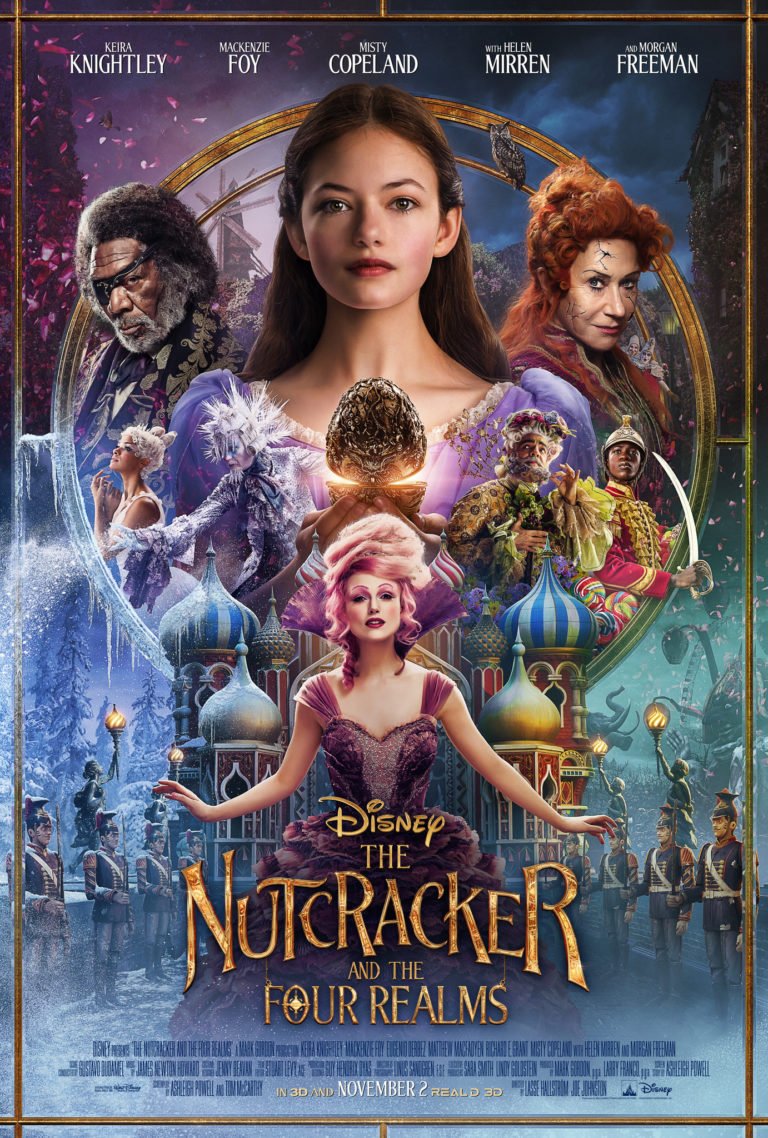
Amazon, Netflix, Twitter Named as Sexually Exploitive on ‘Dirty Dozen’ List
By Movieguide® Staff
Amazon takes the top spot as the most sexually exploitive company, according to the National Center on Sexual Exploitation’s 2021 edition of their Dirty Dozen list. Netflix, Twitter, Chromebook, and the state of Nevada also landed on the list. For the full list, keep reading.
Every year, the National Center on Sexual Exploitation publishes their “Dirty Dozen” list, which includes 12 businesses or entities that NCOSE claims benefit from sexually exploitative goods and/or services.
NCOSE first released the report in 2013 to increase awareness and help defend those affected by sexual harassment, predatory grooming, and child sexual abuse.
In addition to the “Dirty Dozen,” NCOSE also released a “Watch List” for other companies who improved but still profit from sexually exploitive content, including Snapchat, Tik Tok, and Visa.
“The Dirty Dozen Watch List serves dual purposes. In some instances, it puts entities on notice that they may soon find themselves named as a major contributor to sexual exploitation unless they demonstrate significant and sustained efforts to address their role in fueling sexual exploitation,” their website reads.
“In other cases, by placing an organization on the Watch List, NCOSE is affirming an entity’s positive step towards addressing its role in sexual exploitation. However, because some such steps represent only small progress in terms of the entity’s total contribution to sexual exploitation, or because we may have concerns about the entity’s intent to carry through with its progress, placement on the Watch List also signals our lingering concerns about their commitment to ending sexual exploitation,” NCOSE added.
Lina Nealon, Director of Corporate and Strategic Initiatives at NCOSE, addressed viewers during a virtual event via zoom on the “societal chaos” of the pandemic.
“The Dirty Dozen list is comprised of corporations, brands, organizations, and institutions that you likely know. Ones that you and I are probably using on a weekly if not daily basis,” Nealon said. “They exert enormous influence and power politically, economically, socially, and culturally. And while many of them provide us with products that we love, entertainment, and ways of communicating, they are also perpetuating and enabling violence and harm.”
Read Also: Snapchat Lacks Accountability, Leads the Charge in Indoctrinating Children
Below are the 12 companies and entities listed on the 2021 Dirty Dozen List:
1. Amazon:
The report showed that the commerce and entertainment giant made the list due to nudity on Amazon Prime Video and its social media, Twitch.
“The problem is that Amazon’s Twitch is rife with sexual harassment, predatory grooming and child sexual abuse,” Nealon said explained. “There are frequent conversations between children and strangers, with strangers daring kids to do explicit acts or to share their contact information.”
The report also noted that Amazon Prime’s parental controls were insufficient to protect children from gratuitous content.
“A sample survey of third-party reviews of Amazon Prime original content shows that 66% of it contains nudity, 82% of which is female, and 36% of the surveyed Amazon Prime original shows contain simulated sex,” they reported.
2. Chromebook:
The concern surrounding the Chromebook is its increased use in online schooling due to the pandemic.
“Google has refused to take simple measures that would significantly reduce kids’ exposure to pornography and predators,” NCOSE reports. “Even prior to the pandemic, we read countless news stories and received personal accounts of children easily accessing harmful material through their school-issued Chromebooks — at school and at home,” explained NCOSE.
The report continued: “Now, with overburdened school administrators and overwhelmed teachers and parents trying to navigate new technology tools and the challenges of virtual schooling, devices are often left insufficiently protected: leaving children even more vulnerable to accessing harmful material like pornography and being accessed themselves by predators.”
3. Discord:
The popular gaming app, which allows users to video chat and voice chat as a community, expanded the app’s functionality.
“With the expansion of Discord’s brand to include more than just gamers, the platform has opened its doors to predators and abusers and is allowing them to settle comfortably within Discord’s servers,” NCOSE said.
“Pornography trading has become popular on the platform, where users can share links and images of themselves and others. Entire servers are dedicated to finding and sharing non-consensual sexual images of girls and women — sometimes known as revenge porn.”
4. EBSCO:
EBSCO Information Services provides an online library of resources for public and private schools and public libraries.
“EBSCO has made significant progress over the last two years, particularly in educational databases meant for elementary students and also in those meant for middle school students,” NCOSE noted. “Unfortunately, there is still sexually explicit content on EBSCO databases marketed to schools as safe and curriculum appropriate. We also remain concerned that EBSCO places most of the responsibility for removing such content on school and library administrators, yet EBSCO doesn’t adequately warn these administrators that the content is available so easily on its systems.”
5. Netflix:
The streaming giant made the list this year after it released the sexually exploitive movie CUTIES and later refused to take the movie off its platform.
Movieguide® reported:
Tyler County, Texas, indicted media streaming giant Netflix with criminal charges for the distribution of child pornography through the movie CUTIES.
According to the indictment, Netflix did:
“Knowingly promote visual material which depicts the lewd exhibition of the genitals or pubic area of a clothed or partially clothed child who was younger than 18 years of age at the time the visual material was created, which appeals to the prurient interest in sex, and has no serious literary, artistic, political, or scientific value.”
6. Nevada:
Christen Price, legal counsel for NCOSE, claims that that “vulnerable women and girls are commodified and held in sexual servitude” due to “Nevada’s legal scheme.”
“Nevada’s sex tourism industry, bolstered by the unquenchable demand, requires more and even younger girls each year. Girls are brought to Nevada across state lines to be prostituted and trafficked, in violation of federal law,” Price said in a statement.
7. OnlyFans:
“There is a strong indication of underage sexual exploitation,” Stephany Powell, director of Law Enforcement Training and Survivor Services at NCOSE, said during the Zoom event. “Traffickers are recruiting off of this as well and they, too, will use the opportunity to meet the creator in order to make more money.”
8. Reddit:
NCOSE reports: “[Reddit] has become a hub of exploitation where sex buyers and other sexual predators meet to exchange non-consensually shared intimate images, hardcore pornography, and to give advice to each other about how to use and abuse.”
“Prostitution, sex trafficking, and child sexual abuse material is also easily found on the site because Reddit refuses to institute strong policies and, despite being worth $6 billion, refuses to spend money on moderators and technology solutions to reduce sexual abuse and exploitation material surfacing on their site,” NCOSE said.
The report continues: “Reddit does prohibit sexual or suggestive content involving minors, but it only sometimes enforce the rule by threatening to ban Reddit communities, adding restrictions, or removing content. They do not ban members engaged in posting such material or stop them from signing up for another account.”
9. Seeking Arrangement:
Seeking Arrangement is self-described as the “leading sugar daddy site.”
“Seeking Arrangement targets college students who are struggling with student debt with advertisements and free premium accounts, in order to provide sexual gratification to more socio-economically advantaged men,” NCOSE reports. “Make no mistake, sugar dating is prostitution with a thin veneer of relationship and it is vital to push back against the normalization of such an exploitative trend.”
10. Twitter:
“Twitter has also failed to prioritize the safety of sex trafficking and child abuse survivors who are exploited on the app,” NCOSE said of the popular social media app.
Movieguide® previously reported:
Twitter faces a federal lawsuit, filed on behalf of a teenager, which claims that the social media giant waited to remove sexually graphic videos involving minors posted to the platform by sex traffickers.
The lawsuit—filed on Jan. 20, 2021, in the U.S. District Court of the Northern District of California—withheld the minor’s name but identified him as a 16-year-old Florida resident.
The National Center on Sexual Exploitation (NCOSE), the Haba Law Firm, and the Matiasic Firm will represent the teenager, who the legal document labels as John Doe.
“This lawsuit seeks to shine a light on how Twitter has enabled and profited from [child pornography] on its platform, choosing profits over people, money over the safety of children, and wealth at the expense of human freedom and human dignity,” the lawsuit reads.
11. Verisign:
According to NCOSE, the domain registry service “refuses to take meaningful action and instead inhibits attempts to protect children.”
The report continued: “This is particularly unacceptable given that Verisign is a publicly-traded U.S. company with 2019 annual revenues in excess of $1.23 billion.”
12. Wish:
Wish is a popular shopping site.
“The sex dolls being sold by Wish literally turn women and children into sex objects. As Dr. Maras and Dr. Shapiro note in the Journal of Internet Law, sex dolls ‘have the potential of altering individuals’ views and perceptions of relationships, ultimately, having them interact with humans as they would with the dolls and robots,'” NCOSE reports.
According to their website, NCOSE is a “nonprofit organization with a focus on a wide-ranging and interrelated array of topics including, but not limited to, child sexual abuse, child-on-child harmful sexual behavior, compulsive sexual behaviors, demand for sexual exploitation, illicit massage businesses, image-based sexual abuse, institutional sexual abuse, men’s violence against women, the neurological impacts of sexual trauma, the public health harms of pornography, prostitution, sex trafficking, sexual harassment and assault, sexual objectification, stripping, as well as the intersection of these issues with technology. We love people and partnerships. This is why we work relentlessly to build a diverse movement that welcomes all people committed to defending human dignity.”
Questions or comments? Please write to us here.


 - Content:
- Content: 

